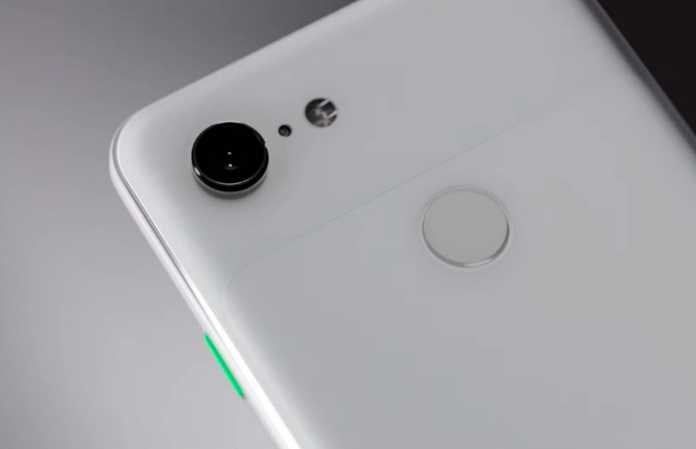Today, Google has finally unveiled the Pixel 3 and Pixel 3 XL, its latest flagship Android smartphone devices. These devices were massively leaked over the past couple of week with images and videos offering a detailed preview of both devices well ahead of the company’s press event today in New York. The wait is over, today we’re finally getting the whole story on the new hardware and software features that are exclusive to the Pixel 3.
The Pixel 3 and 3 XL both feature bigger screens than last year’s models thanks to trimmed down bezels — and the controversial notch in the case of the bigger phone. The 3 XL has a 6.3-inch display (up from 6 inches on the 2 XL), while the regular 3 has a 5.5-inch screen (up from 5). Overall, though, the actual phones are very similar in size and handling to their direct predecessors. Preorders for both phones begin today at $799 and the phone comes with 6 months of YouTube Music.
Google has stuck with a single rear camera on both phones, continuing to resist the dual-camera industry trend. But it’s a different story up front. Both the Pixel 3 and 3 XL have two front-facing cameras; one of them offers a wider field of view for getting more people or a greater sense of your surroundings into a selfie.
The Pixel 2 earned a reputation as perhaps the best camera on any smartphone, and Google is looking to carry that momentum forward with new software features that bolster the new camera performance with AI enhancements.
For the first time, the new Pixels will support wireless charging (at up to 10 watts), and Google is introducing its own charging stand — the Pixel Stand — as an optional accessory. The Pixel 3 devices recognize when they’re sitting on Google’s charger and show custom UI elements like information from Google Assistant.
The latest Pixel phones ship with Android 9 Pie and Google’s digital wellness features out of the box. They also ditch Android’s traditional trio of virtual buttons (back, home, recents) in favor of the gesture navigation introduced as part of Pie. Google Assistant and Google Lens are designed to be core parts of the software experience, and this year, the Pixels introduce a feature that will allow Google Assistant to screen spam calls and let you decide whether to block a caller or get a reminder to call back later.
Developing.…

